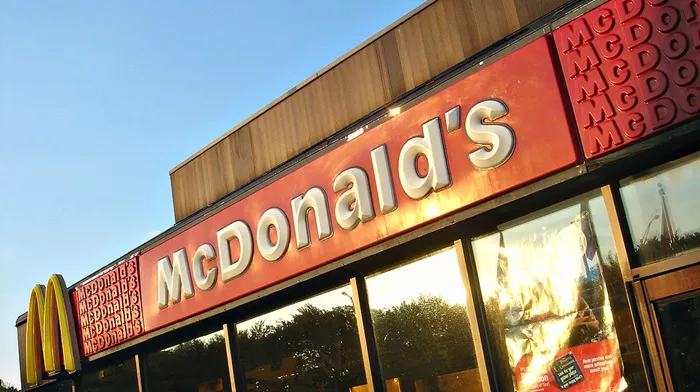Whether you love them or hate them, it’s undeniable that McDonald’s has left a significant cultural mark on global society over the past 80 years. This week, the fast-food giant celebrates the 50th anniversary of its famous ‘Golden Arches’ appearing in the UK by giving away free doughnuts, sparking both excitement and controversy. Let’s take a brief look at the history of the McDonald’s phenomenon.
McDonald’s was the brainchild of brothers Maurice (“Mac”) and Richard McDonald in San Bernardino, California. They started in 1940 with a simple drive-thru and registered their booming business as a US corporation in July 1954. McDonald’s began its expansion into Europe in 1971, opening its first European restaurant in Zaandam, Netherlands. This was soon followed by locations in Munich, West Germany, and Paris in 1972, and then the UK in July 1974.
McDonald’s quickly became known for providing a quick, easily recognizable refueling option for millions of people around the world. It revolutionized the food industry, regardless of the cultural barriers it encountered. For example, when the first American fast food restaurant opened in Ginza, Japan, 50 years ago, older Japanese people were horrified as eating while standing up was considered highly improper.
Always innovative in the marketing world, McDonald’s recently launched the Dabiz line of burgers, designed by three-Michelin-starred chef Dabiz Muñoz. Muñoz gained attention last year when he opened a food truck selling burgers on The Av Castellana in Madrid, causing long queues and massive interest.
However, the Golden Arches have also been a source of controversy. Twenty years ago, filmmaker Morgan Spurlock released ‘Super Size Me,’ documenting his experience of eating only McDonald’s for a month. Despite doctors’ assurances that the experiment would have minimal health effects, Spurlock suffered heart palpitations, liver damage, and depression.
In another highly publicized case, 79-year-old Stella Liebeck sued McDonald’s after spilling hot coffee on herself, causing severe burns. In 1994, she was awarded $2.7 million, although she initially sought only $10,000 to cover medical expenses.
So, have McDonald’s contributions to society been positive or negative? Have they united cultures and provided an economical solution to hunger, or have they harmed our health and environment? Regardless of your stance, McDonald’s undeniable impact on global culture and history remains.

